February 2nd, 2024 | Blog
Chief Design Officer of 21TORR, Isabell Höffner: “Empathy is not about always being nice to each other, it’s about being open to seeing people how they are.”
Interview by Nele Volbrück
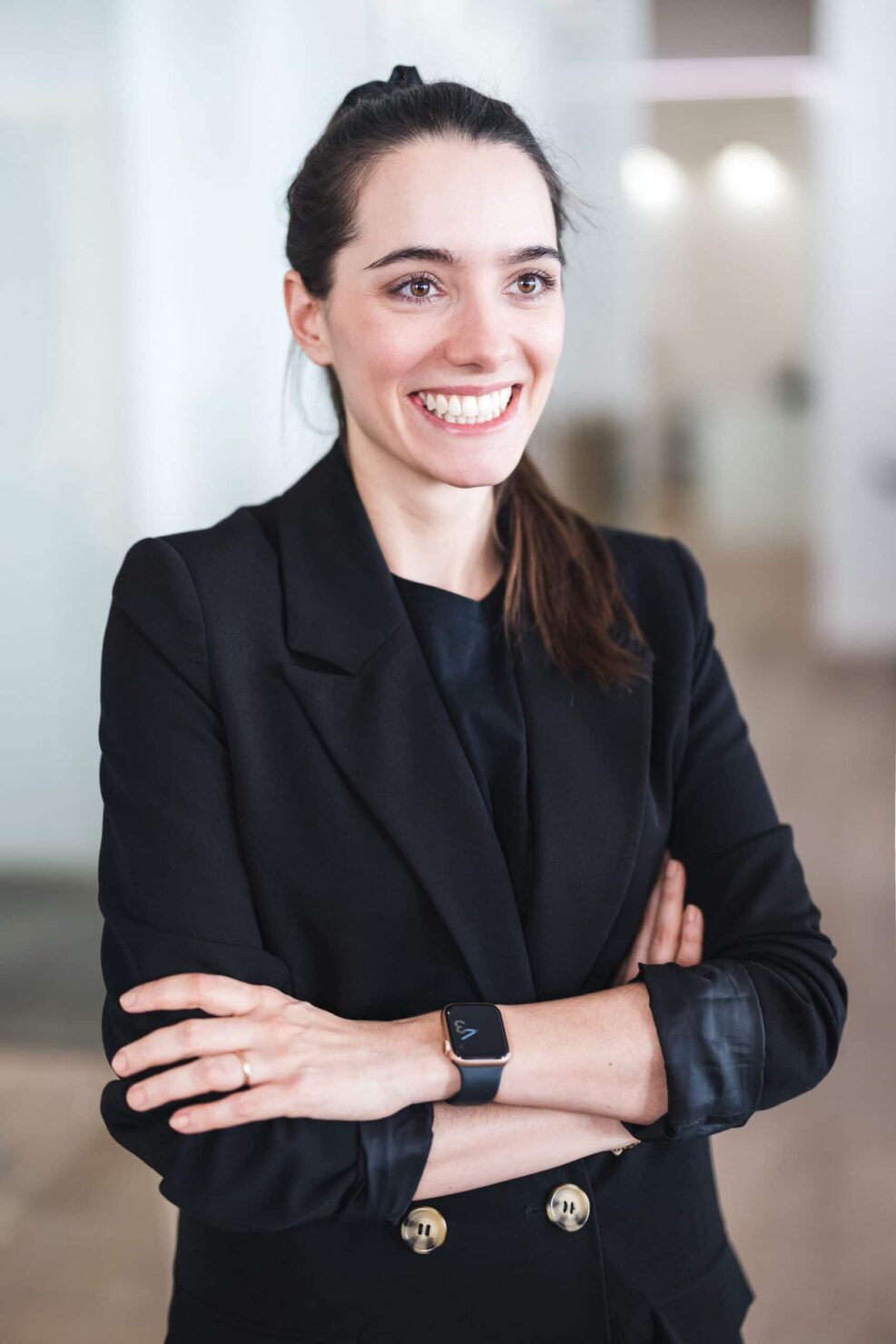
21TORR is a digital agency in Germany, situated in Stuttgart and Reutlingen, focused on websites, digital products and ecosystems. Each year, their team packs up their bags – and computers – to head to a foreign country for a pop-up office experience. This means remote work and cultural explorations with the whole company for a month.
Having already been to Capetown, Reykjavík, Chiang Mai in previous seasons, they landed in Tallinn last summer. Velvet had the privilege to serve as a partnering agency to introduce our local design scene, and tell the tales of Midsummer Day in Estonia.
We couldn’t resist the opportunity to sit down with Isabell Höffner, the Chief Design Officer of 21TORR to find out more about the popup office day-to-day and have a chat about design and working in the industry in general. This is what we talked about.
We’re interested in your pop-up office experiences. What kind of impact has it had on your team?
Some team members are very young. Maybe they have never been to a foreign country longer than a vacation. Seeing other cultures, meeting new people, and being open to things does something to you. There’s so much to gain from a personal perspective. Also working as a team – you get to know your colleagues, see a different side of them. There are many things about the pop-up office that help us as a company in our day-to-day work. We’re always working in cross-functional teams, so you have to work together. Nobody does anything alone. You learn to listen to others, to be open, and kind.
What’s the impact on your everyday project life? Skeptics might suspect that it can suffer, as there’s just so much other stuff going on and much to get used to.
Honestly, this does not affect our work. When we had our first pop-up office, I remember one of our clients wrote us an e-mail saying „what’s going on, you’re by the pool, you’re not working!“ Actually, it’s completely different. You have to tear people away from their laptops, because it’s also about the vacation, not just about work. People tend to think that it’s such a privilege, so they need to work even harder. But that’s not the goal. We want them to experience the country as well. I would say no work suffers. Complete hours.
Locals are always curious about what kind of impression they give off. What has surprised you about Tallinn, if anything?
Many things. We knew before that you are digitized in everything, but really seeing this was like, oh my! Every country is more digitized than Germany – this is how it feels like for us as a digital company, but still, it’s amazing to experience in reality. You can set up your company in ten minutes or register the e-residency. And it works for everyone, regardless of age. Stunning.
Then, there’s the comparison between this and the beautiful nature. On the one hand, people are so aware of how beautiful the country is, and on the other hand, everything is so digitized. In Germany, everyone is like, oh no, this can’t be digital, that’s not emotional enough for us, and we have to talk in person. Pen and paper are so important. And in Tallinn you see it works quite well and it goes hand in hand (with nature). That surprised me even more than I thought.



That’s cool to hear, because that’s the main story. We’re so used to it. Awesome that it holds up.
Yep, the brand promise is real (laughs). I always like to explore how people behave. Estonian people are so different compared to Germans. More Scandinavian, I would say. That surprised me in our second pop-up office in Reykjavik. They feel a bit cold, but it’s not the way they are, they’re just more laid back. And I think the same goes for here. Super kind and super nice people, but you behave a bit different compared to Germans, and that’s totally cool.
How design conscious is the general public in Germany?
Not at all. Alright, not at all is too harsh, but not really, at least with design or tech. Design is not just “pretty”, for us as designers it has to do with our society. But Germans are more „classic“, everything is tailored to classic industries (e.g. automotive).
It’s only very slowly starting to change. One of our founding cities, Reutlingen, has started to think how they can digitize the city, what value they can offer, that’s slowly starting to happen. For us that’s important, because we’re not doing just pretty websites or app solutions. We think about what impact our solutions have and on what: society, people, planet, businesses, whatever.
If you could implement one seed into the heads of, say, your so-called regular German person, that would make them think differently about design, what would it be?
That’s a tough one. First of all, people should be more open to new things. It starts there. It’s not about what is design, it starts with “let’s be open to new things”, new ways of working, new technologies. I think that’s the reason why it’s so hard for some to imagine how we work and function as a society in the future.
Germans sometimes think that okay, everything is super clear, we’re so innovative, and that’s just not true. I wish more Germans would not just go on vacation, sitting on a beach with drinks or whatever, but really see how other countries work. You can learn so many things from others. Openness would be good, that’s the one wish.
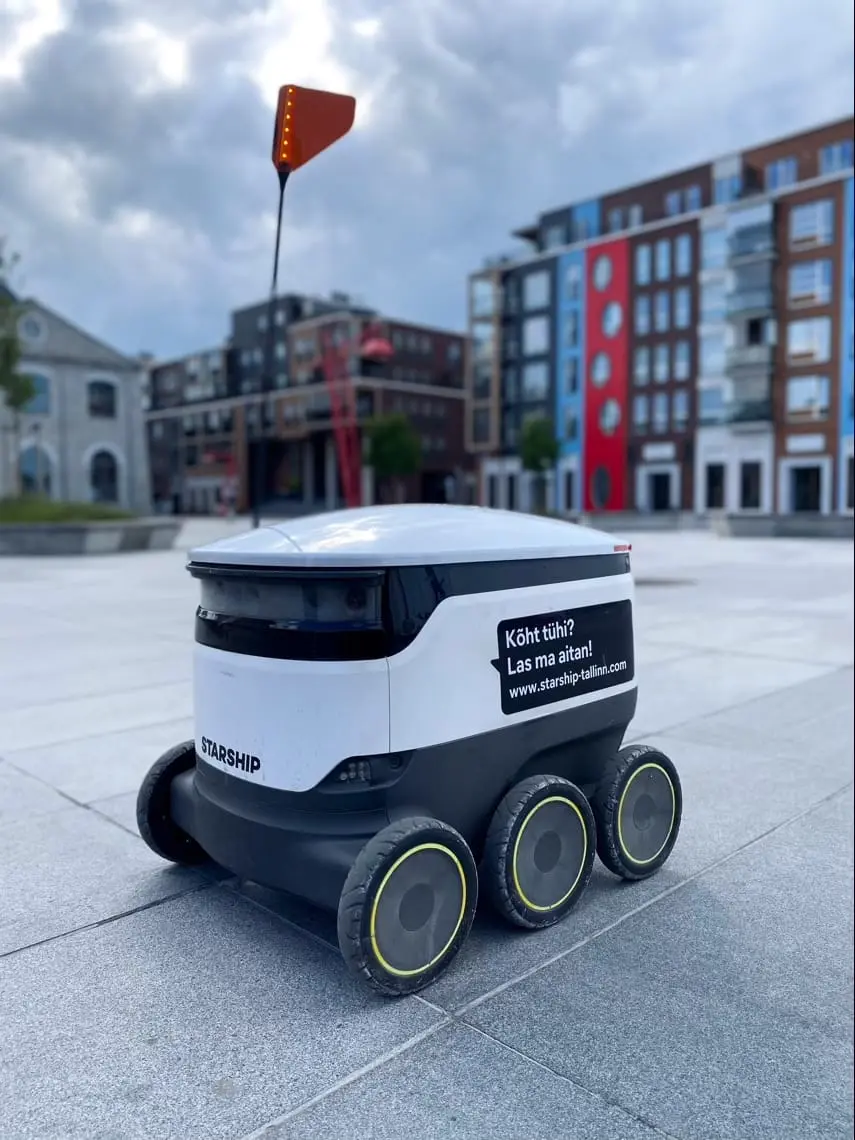


Indeed. Tell us, what does a Chief Design Officer do?
Oh my, so many things and at the same time nothing, this is somehow how it feels like (laughs). In general I’m responsible for all our designers, that means UX Architects, UI Designers, strategists. Not just for the team, but where do we go with our design team, processes and strategy as a company. These are my main topics and then of course team development, client and new business development. Sometimes I work together with the team in bigger projects. It’s a mixture of small and big things, of strategic and operational.
What are the main principles you lean on when leading the team?
Empathy is important. It’s all about the team, we’re all people and we’re all different. One person has strengths in one topic, others in different. The composition of the team is crucial to ensure a good balance of strengths and weaknesses, personal experience levels and development goals of the individuals and the task that needs to be developed in the best possible way for the customer. So that the team can develop itself. To help them do it, not to say, well, this is how we’re going to do this. For me it’s very important that the team learns how to manage themselves. Trust must be given.
Has this outlook changed or developed over the years from when you started in this role?
I think that was what I always wished for myself. I always learned the most when I had colleagues who said you can do it, it’s fine, I trust you. That’s when you really learn. Not everyone wants to work like that. Some prefer very clear directions, and those people don’t really fit into 21TORR. We always work in a way you can develop yourself, if you want to, and get guidance when needed. Plus, you get full trust.
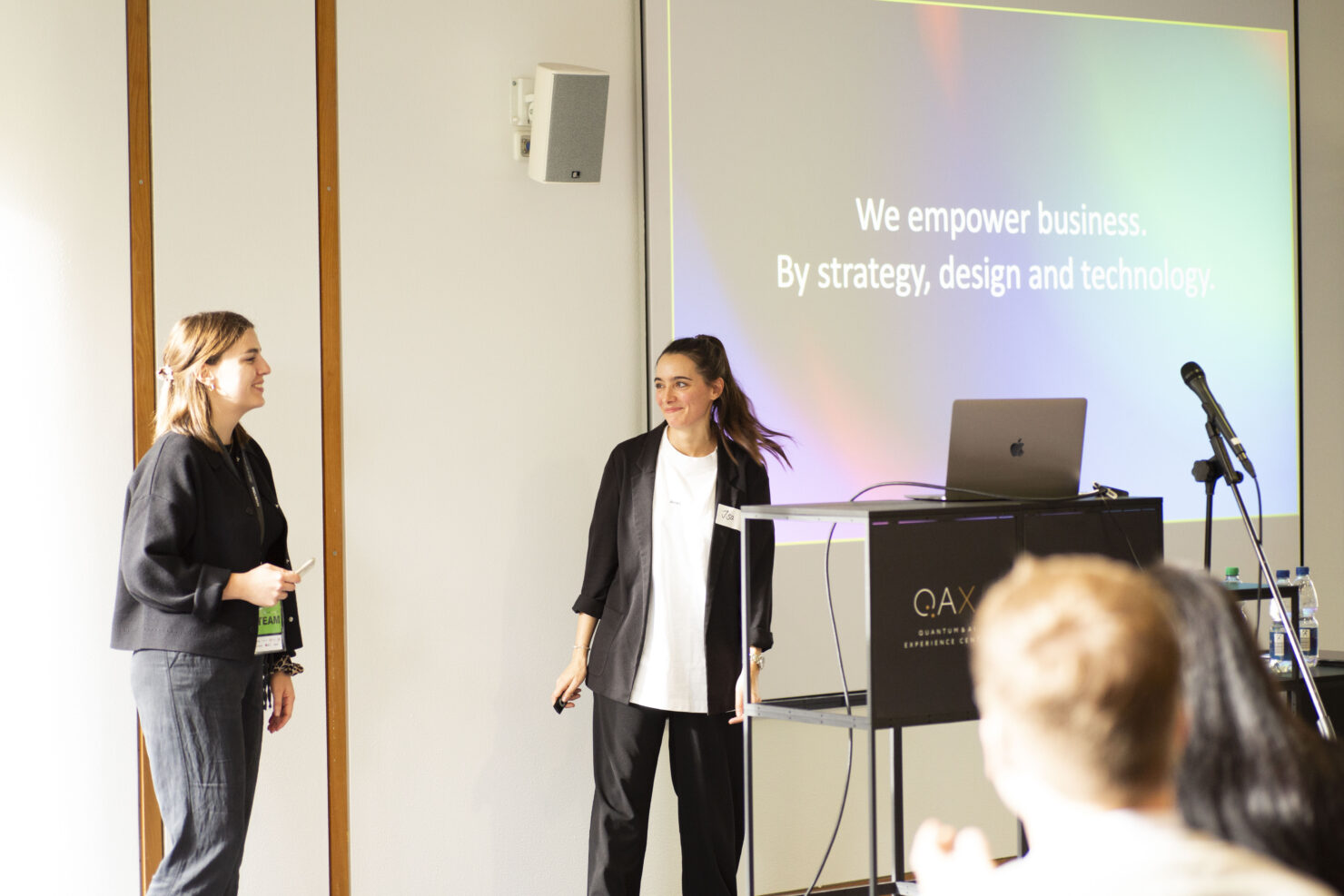
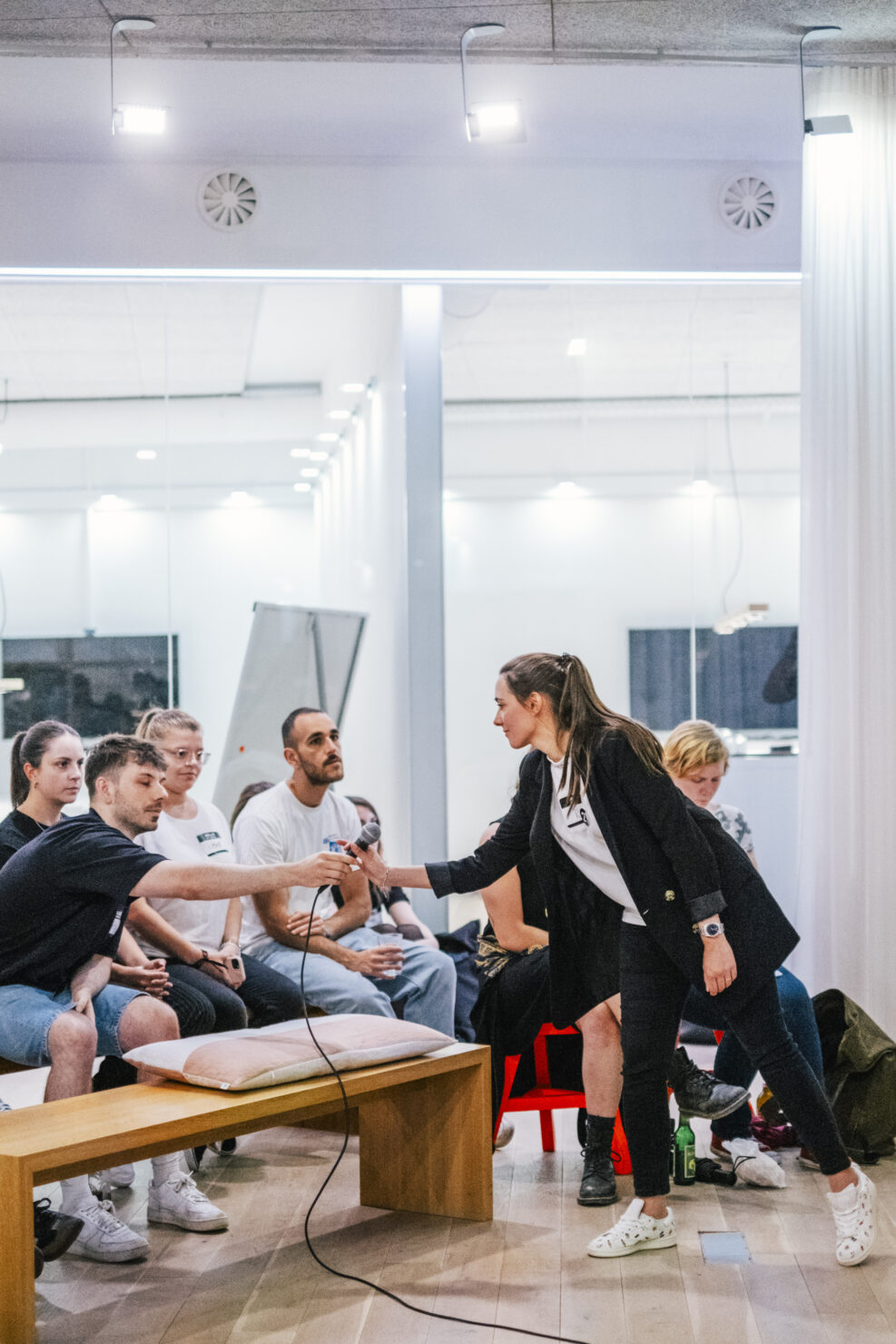
You mentioned “developing clients”, how does that work?
Well, you get so many interesting insights into companies when you work with them closely. We always say we’re partnering with clients. Yes, that’s a phrase everyone puts on their website, but for us, it’s extremely important.
When we have a new client and there’s a pitch, we really try to measure whether they are open, how digital are their internal processes, whether they are agile enough that we fit as companies to really make something of added value, because we don’t want to make shitty websites or products. You have to get an understanding of how a company works, what do they stand for, who are their clients and what they aim to do.
The person next to you, that you’re talking to, they’ve got things on their agenda as well. We dig in there and try to understand how can we help them to get things better. Then you start developing ideas, strategic concepts, and ways how we can help the client itself and our contact persons with their personal agenda.
It resonates with our approach as well. We believe in cooperation, working as one team.
Sometimes it helps when there’s someone who’s not in the day-to-day work to offer a view from the outside. But when we say we partner with clients we do it in a similar way, so they are always part of the team. The values that our employees need to have, that also goes for the clients. They really have to want to make an impact.
If there’s someone who just got a task from their boss, you’re doing a website now… this is not going to work. The client works together with us, we work in a cross-functional team. There’s a product owner on our side and on the client’s side as well and they’re both responsible.
Like you said, empathy matters. Building these cooperations, just getting along or matching on a human level is important as well. When key people don’t match, it might jeopardise the whole project, although otherwise it could work amazingly.
Yes! It’s all about people in our businesses.
And you can’t blame anyone, it’s just how it is.
Yes, it’s just how it is. I think empathy is not “we always have to be nice to each other”, it’s more like, okay, I’m open to you and I see you as a person, as a team mate or a client, and think of how can we work together, trying to understand who needs what to work better. That’s my most important role.
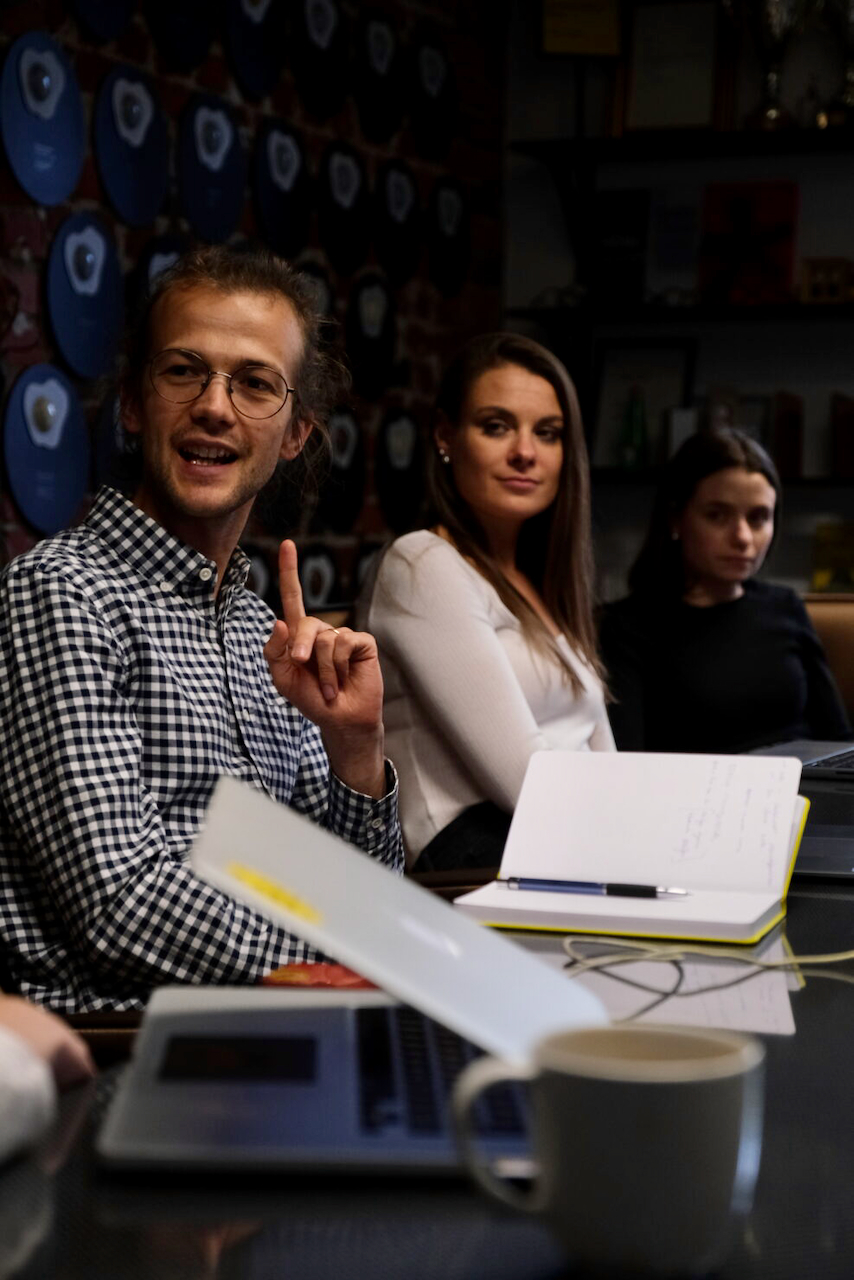
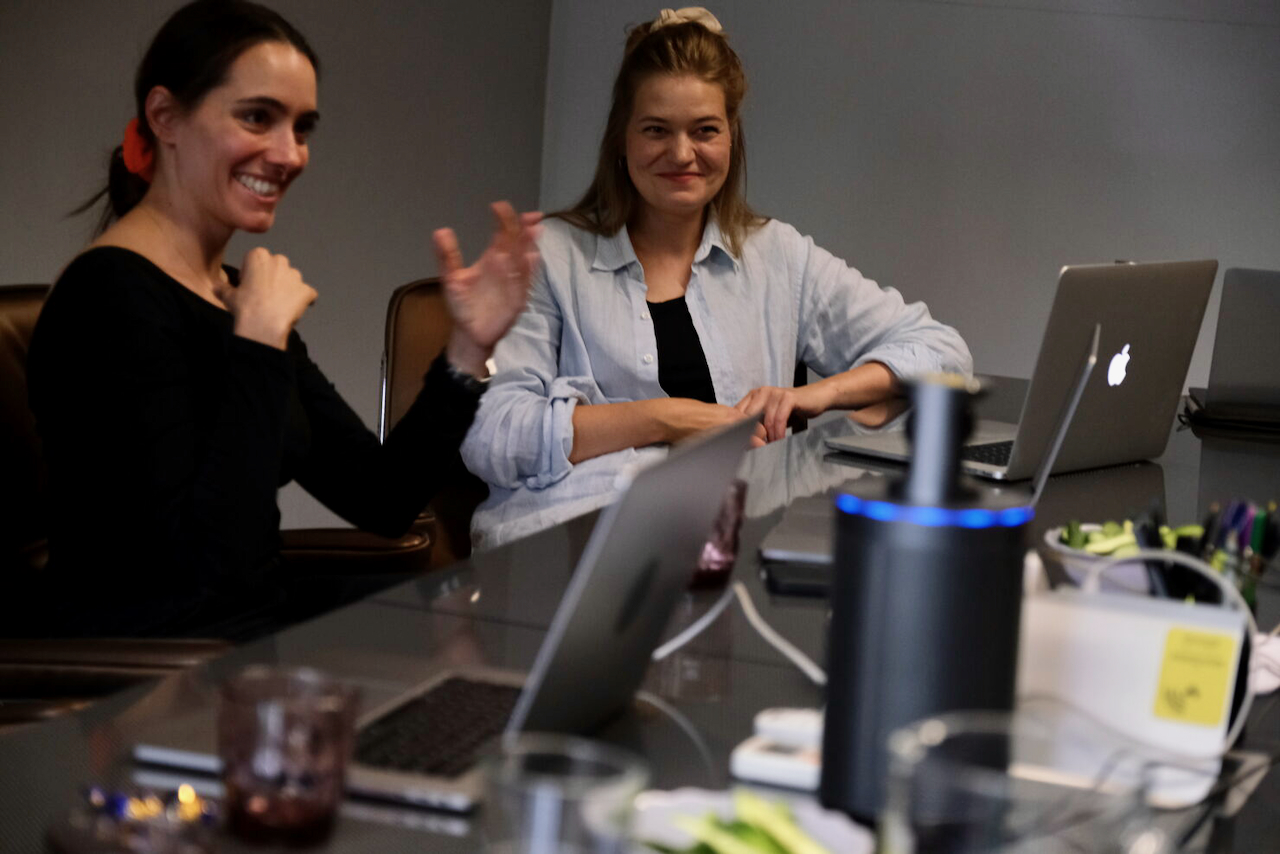
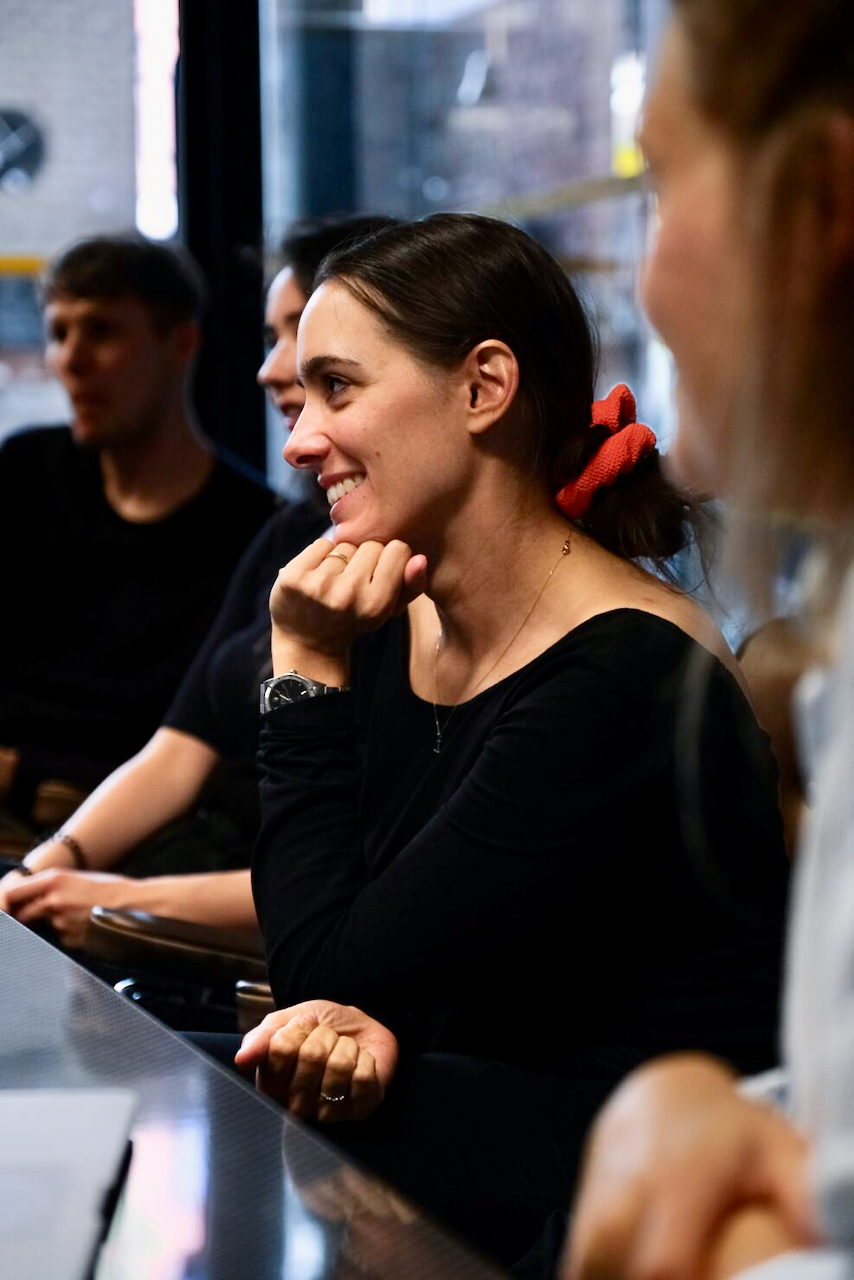
Have you felt that being a “young and small” woman in the business is harder? How is it in German culture?
Sometimes yes. I was quite young when I was in my first leadership role and a typical German company is most likely “old white men sitting in a big room“. Then there’s this young girl and everyone says that this is the leadership woman. Like, are you serious? And for me it was like, ok that’s cool. I never thought that it’s so hard for a young woman. That was never my point. I know what I can do and I know what I’m not good at. So you just do it…
At 21TORR you get trust if you want to. I started as a Junior designer and now I’m in the management team. Same goes for our CEO. He started as Junior iOS developer, now he’s the CEO. That’s something important in our company and I’m thankful for that.
Now a simple and small question. What do you think distinguishes a decent designer from a great one?
I think it’s also empathy. As a designer you have to be very empathetic and open. Thinking about the details, really putting your heart into it. You can feel if something is designed with care or not. And not from a personal perspective, does this product feel like me, it’s not about me as a designer. It’s about whether it’s a right thing for what it’s supposed to do, for the user. In addition to that, a sustainable mindset and designing things accessible.



The world clearly is changing at a rapid pace. What designers need to learn or keep in mind to keep up with the changes and produce valuable solutions?
Not just design. That always applied for me. I did design since I was young, but I didn’t study design. I decided to study business administration, because I wanted to know how companies work, how do they sell design or whatever they sell, to understand how can I help with design to do things better. That really helped me along. Not just talk about design, really go out and experience the world. Travel, try the pop-up office. Always learn from other people. They don’t have to be designers. Can be, but don’t have to.
You can always learn a tooling or watch a YouTube video, but to learn from others is the most important thing to keep up. Even when you don’t think you can learn something from someone. Sometimes designers might think, oh that’s not designerly, and that’s simply not true.
You definitely have done a lot of impressive work. What personally keeps you optimistic and not jaded?
There are good days and bad days to be honest. At the end of the day, we work in a company. We’re responsible for so many people, that can be hard. But what keeps me up is the team. Seeing people grow and making nice stuff. In the morning, when I go into our office and there’s smiling and chattering, that’s so nice. Then I look at some collegaues and think to myself, wow, you’re so cool. That really keeps me going.
That’s awesome. A true team player.
It’s all about the team.
Thank you so much!
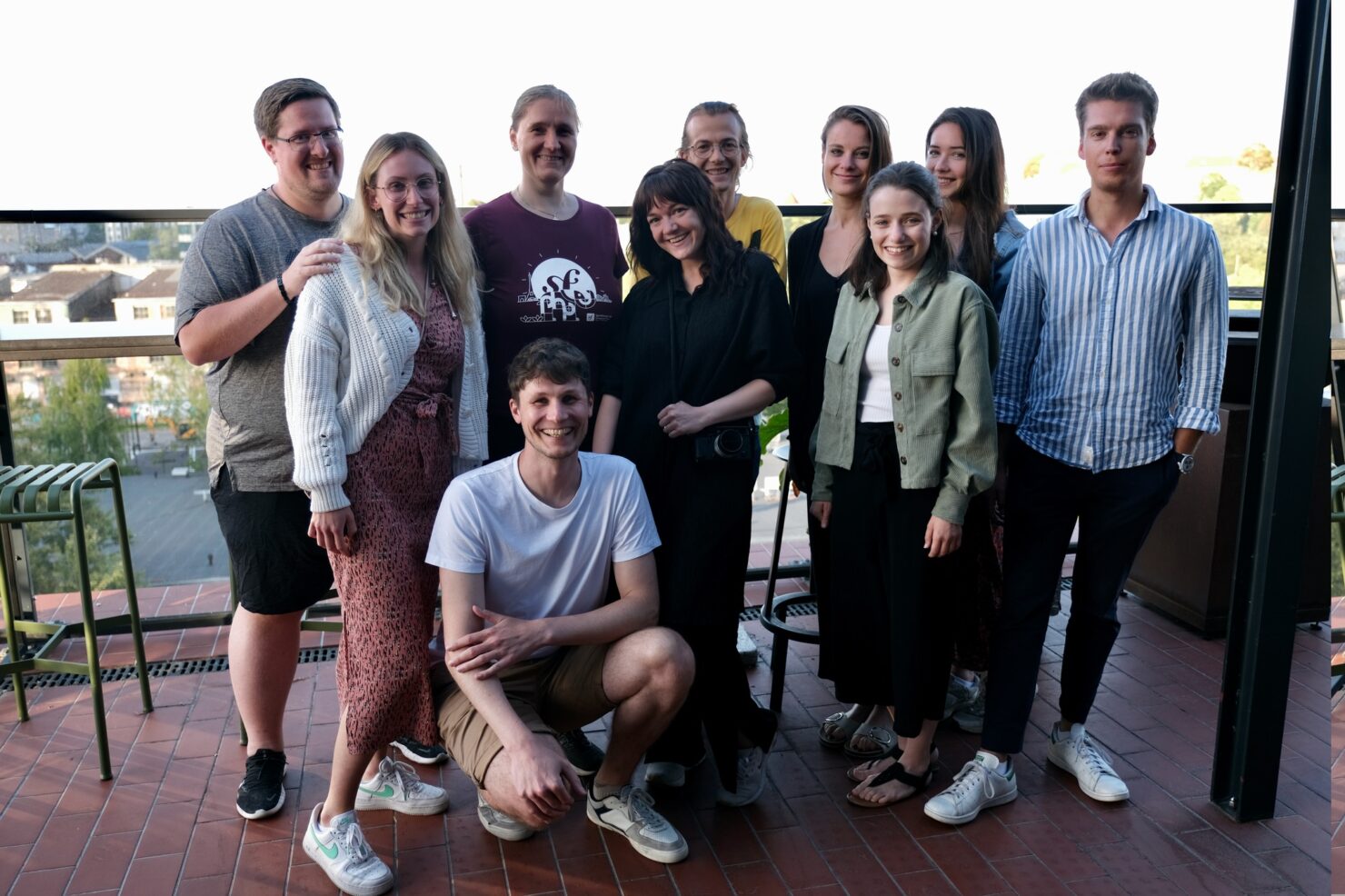
21TORR x Velvet rooftop hang